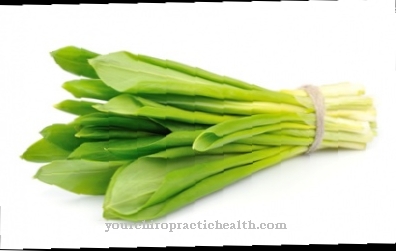A Intestinal obstruction or Ileus is a life-threatening acute bowel disease. This closes the colon or small intestine so that no digested food can be transported further. Usually functional or mechanical disorders are the cause. Typical signs of dam obstruction are severe abdominal pain and vomiting. In addition, the affected person is unable to defecate.
What is an intestinal obstruction (ileus)?
.jpg)
© Henrie - stock.adobe.com
An intestinal obstruction or ileus is a life-threatening clinical picture in which the natural function of the large intestine or the small intestine is completely interrupted in at least one passage.
The intestine has the function of conveying the food pulp through the body and thereby removing valuable nutrients from the food and adding them to the organism. The rest is excreted as feces in a healthy system.
If the intestinal passage is interrupted in the event of an intestinal obstruction, both the food pulp and the masses of digestive juices collect in the intestinal loops and cause extreme pain. The trapped water cannot be released back into the body in the event of an intestinal obstruction.
causes
The intestinal obstruction is divided into two categories. There is mechanical bowel obstruction and paralytic bowel obstruction. With a paralytic bowel obstruction, bowel function is paralyzed. In most cases this happens because there has been a previous inflammation in the abdomen. A common cause of this is inflammation of the abdominal cavity.
Further reasons for a paralytic intestinal obstruction are poisoning with paralyzing effects on the organism and circulatory disorders that bring a section of the intestine to a standstill. Mechanical intestinal obstruction can be caused by obstructions in the digestive tract. These obstacles can have a variety of origins, from remains of feces and gallstones to narrowing caused by tumors or as a result of Crohn's disease.
One of the most common causes of a mechanical bowel obstruction is adhesions in the abdomen. Healed, severe inflammation as well as internal operation scars can lead to excess strands that wrap around the intestinal loops, kinking or constricting them and thus blocking the flow of the digestive system, which causes the intestinal obstruction.
Symptoms, ailments & signs
The symptoms of an ileus depend crucially on the type of intestinal obstruction and its location. The main symptom of mechanical ileus is colic-like, i.e. cramp-like, abdominal pain. The intestinal muscles try to overcome the obstacle in the intestine with increased activity. As an expression of the increased activity, increased intestinal noises can be recorded with the stethoscope.
It is different with paralytic ileus. Since there is no bowel activity here, the usual bowel noises are often completely absent and the pain symptoms are less pronounced. In both cases, stool and wind retention occurs as a result. The belly appears bloated (meteorism).
Other symptoms, especially mechanical ileus, are nausea and vomiting. The higher the obstruction in the intestine, the earlier and more violently vomiting begins. Overall, the paralytic ileus shows symptoms similar to the mechanical ileus, but their severity is less dramatic.
The paralytic ileus is often accompanied by hiccups. In the beginning, the pain of an intestinal obstruction is usually easy to localize. In the process, the spread of bacteria in the abdomen leads to an inflammation of the peritoneum. This shows up in the abdominal wall as hard as a board and diffuse pain in the entire abdominal area.
course
The typical course of the disease with an intestinal obstruction begins with vomiting, severe abdominal pain and a lack of bowel movements.
In the case of a mechanical intestinal obstruction, the bowel movement can lead to a previous overactivity in which the loops around the actual intestinal obstruction work harder. In the case of a paralytic bowel obstruction, on the other hand, no bowel noises can be heard in the typical course.
As the process progresses, the intestine fills with gases and the stomach becomes hard and tense and the pain increases significantly.
The food pulp that is not excreted can enter the abdominal cavity through the intestinal walls and the bacteria can lead to both peritonitis and poisoning of the body by the escaping bacteria.
Complications
A bowel obstruction is associated with various complications. First of all, there is a risk that the intestine or the peritoneum may tear and pathogens get into the intestines. This can lead to fistulas, abscesses and inflammations, which acutely lead to nausea and vomiting. Later on there is a risk of chronic pain and wound healing disorders can occur.
If the secretions (gastric juice, bile) can no longer be absorbed, dehydration occurs. Decreased urine production, shock and blood thickening are the result. A mechanical intestinal obstruction can lead to fatigue of the intestinal muscles and thus to a standstill of the intestinal function.
If left untreated, this leads to severe symptoms of intoxication and ultimately to multiple organ failure and circulatory shock. In less severe cases, bacterial decomposition of the intestinal contents occurs. As a result, the intestinal wall is weakened and less resistant to toxins and bacteria.
The increased pressure on the intestinal wall can lead to an undersupply of the intestine. As a result, peritonitis can occur and parts of the intestine can die. Often there are also adhesions of intestinal loops and other abdominal organs. This can cause another bowel obstruction.
When should you go to the doctor?
A persistent feeling of pressure or fullness in the abdomen that lasts for several days should be examined and clarified by a doctor. There is cause for concern if there is no bowel movement for a long period of time despite an adequate intake of fluids or the consumption of evacuating foods.
A doctor must be consulted in order to rule out further illnesses. Bloating, abdominal pain or stomach pain, and vomiting feces are unusual and should be checked by a doctor. If the symptoms persist or if they increase in intensity, a doctor's visit is urgently necessary. Since an intestinal obstruction is a medical emergency, an emergency doctor must be called immediately in the event of severe pain, cramps or bleeding. If there are unfamiliar noises in the stomach or intestines, these should be checked by a doctor.
If the circulatory system fails, the available energy in the body disappears and the usual level of performance falls, a doctor should be consulted. If sleep disturbances occur, everyday tasks can no longer be carried out or the body temperature rises, this is considered worrying. A doctor should be consulted as soon as the discomfort persists for several days or increases continuously. If there are problems with locomotion due to existing complaints, an extensive medical examination is required.
Doctors & therapists in your area
Treatment & Therapy
In the case of an intestinal obstruction, hospital admission is essential. The first treatment method must be to relieve the intestines. A gastric tube is placed through the nose, which transports the pulp and excess stomach acid to the outside. The addition of food must be stopped immediately, but fluids and electrolytes must be administered intravenously. In most cases, an intestinal obstruction requires surgery.
In the case of an intestinal obstruction in the large intestine area and, above all, in the case of mechanical clamping of an area, an immediate emergency operation of the intestinal obstruction must be carried out, as it represents an acute life-threatening situation. Surgical intervention in the case of an intestinal obstruction is carried out via a laparotomy, a large abdominal incision. In the case of a mechanical bowel obstruction, the individual loops are checked and strands are removed.
In the case of a paralytic intestinal obstruction caused by inflammation, part of the intestine may have to be removed if it cannot resume its function after the intestinal obstruction.
Outlook & forecast
Intestinal obstruction (ileus) is a life-threatening condition that, without immediate treatment, leads to death. The prognosis also depends on the size of the affected section of the intestine, the type of ileus and when the treatment started. Overall, around 25 percent of patients suffering from intestinal obstruction die. If the treatment is successful, however, the consequences of an intestinal obstruction usually heal completely.
However, survival or healing without consequences cannot always be guaranteed despite immediate emergency treatment. If the chyme can no longer be transported in the intestine, there is a dangerous increase in pressure on the intestinal wall. This increase in pressure causes injuries to the mucous membrane, which can ultimately lead to necrosis (death) of entire areas of the intestine. When parts of the intestinal lining die, the intestine can break through. The digested chyme, interspersed with bacteria, then migrates into the abdominal cavity.
As a result, life-threatening inflammation of the peritoneum (peritonitis) develops. On the one hand, this leads to a dangerous loss of fluids and electrolytes and, on the other hand, the abdominal cavity is flooded with bacteria and their toxins. The loss of fluid can lead to dangerous circulatory shock caused by a rapid drop in blood pressure. Bacterial toxins can also get into the blood and cause septic shock. Without treatment, this development can quickly lead to death due to multiple organ failure.
Aftercare
After the acute therapy (OP) of the intestinal obstruction, it is essential to pay attention to the diet in the follow-up care. Immediately after the operation, the patient first receives infusions so that his fluid, nutrient and energy requirements are slowly regulated again. Then slowly and gently with pasty food, low-fiber and easily digestible foods, the normal diet is rebuilt.
It has a supportive effect when normal foods are initially pureed. In addition, the following behaviors should be considered after an intestinal obstruction, such as eating slowly and chewing thoroughly. Several small meals per day (five to six) should be preferred, whereas foods that cause gas (lentils, beans, cabbage) should be avoided. This also applies to not using nuts or fraying fruit (pineapples, oranges, mangoes).
Vegetables and fruits should be peeled before consumption. A food diary helps to find out which foods are particularly good or particularly poorly digestible. After some time, when the intestinal system has recovered, it may begin to try harder-to-digest foods. A balanced and controlled diet is the best aftercare and prevention in the case of an intestinal obstruction.
Regular bowel movements should be ensured. When the intestines have recovered, high-fiber foods help the digestive system keep going. It is also important to ensure that there is sufficient fluid intake - at least 1.5 liters per day, water, tea (unsweetened); If the diet is very high in fiber, the amount of fluid should be increased.
You can do that yourself
An intestinal obstruction is basically a medical emergency which, in the worst case, can be fatal. Once an intestinal obstruction has occurred, the person concerned needs intensive medical intervention as soon as possible so that the stool can function again and, in the worst case, a perforation does not occur. In this respect, self-help in everyday life with an intestinal obstruction is unfortunately absolutely not possible.
If symptoms such as severe abdominal pain, a feeling of pressure and no digestion or only small amounts of slimy-fermented stool are severe, you should not try to heal yourself with home remedies. Wait and see or use conventional laxatives if you have a bowel obstruction. The intestinal passage is closed and may have to be treated surgically. Spending time or eating high-fiber foods can make things worse.
In this respect, the only thing left in the area of self-help when it comes to intestinal obstruction is to ensure early on that digestion remains flowing. On the other hand, a doctor should be consulted immediately if there are symptoms that make an intestinal obstruction appear possible. If symptoms such as vomiting are found, an emergency doctor must be alerted immediately.

.jpg)


.jpg)
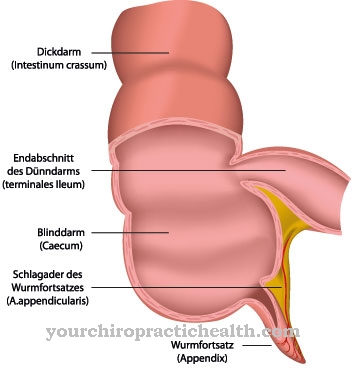
.jpg)

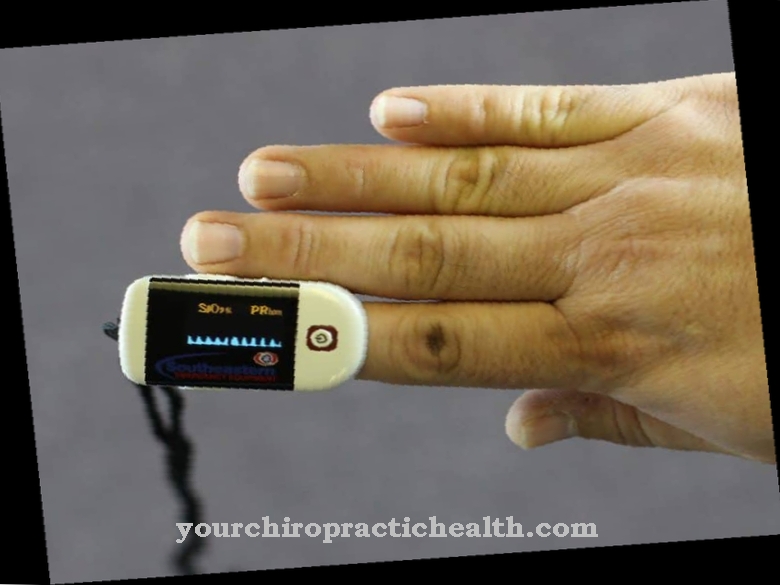
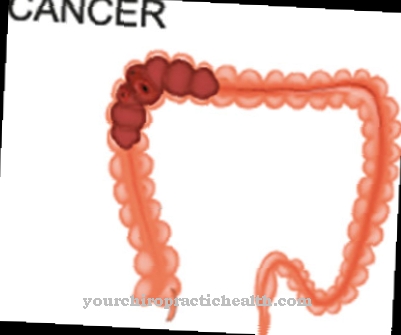
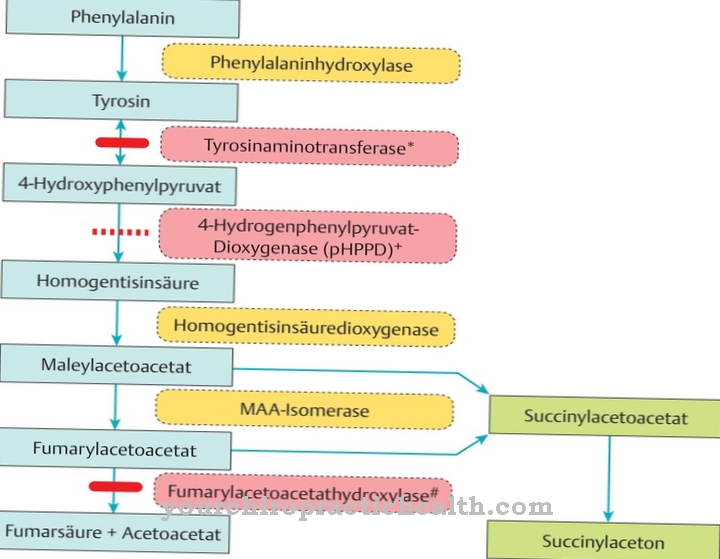
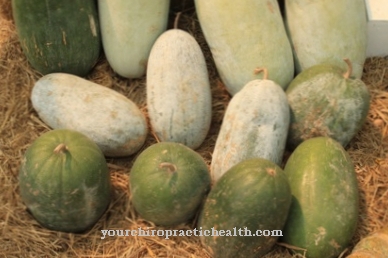
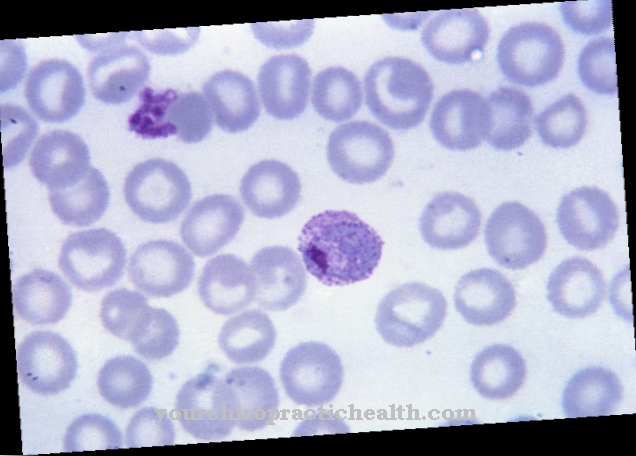


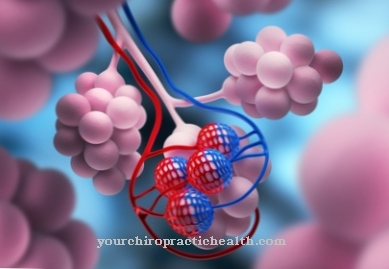

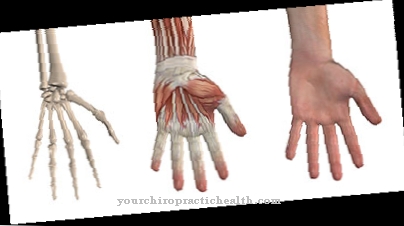



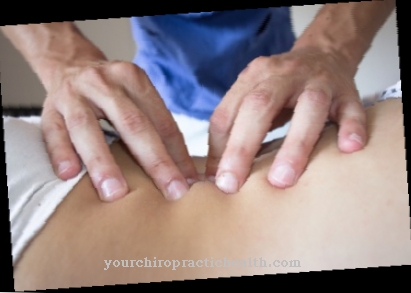

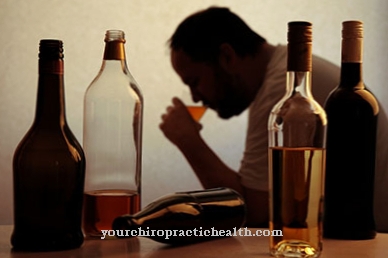
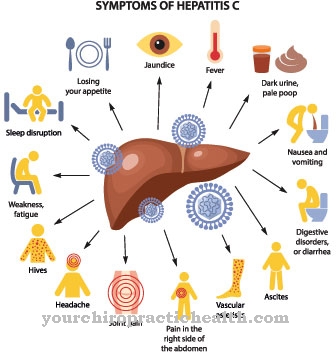
.jpg)


